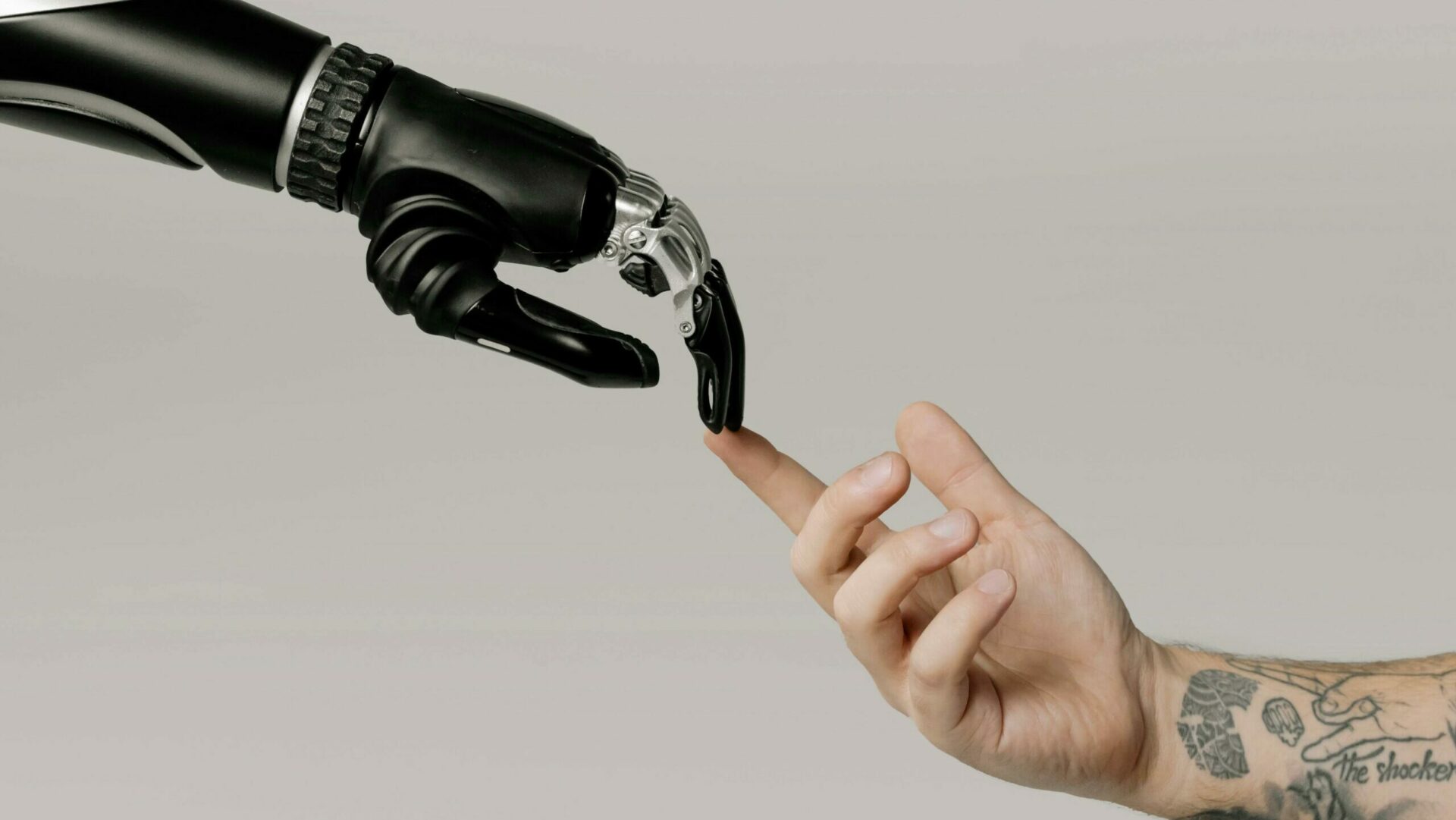
Have you ever logged onto Instagram and felt like the content you see is always the same? That’s perfectly normal. In fact, the content offered by our apps seems to guess what we want to see. However, these marketing algorithms are no longer limited to simple recommendations, but are capable of influencing our human desires. So we might ask ourselves: what is the role of human marketing and algorithms today ?
Algorithms and our relationship with desire
It is essential to understand how algorithms have become true architects of human desire. With the help of tools such as cookies, predictive AI, and machine learning, algorithms are capable of analyzing all our behaviors in order to predict our desires. Users are therefore no longer considered as individuals. They become datasets, which contributes to their loss of human identity. The use of data is of great interest to companies from an economic, psychological, and strategic point of view. Indeed, the main objectives of algorithms are to capture and retain attention, personalize the experience, optimize conversions, and build user loyalty. Thus, the ultimate goal is not only to predict desires. Algorithms are capable of shaping them with the aim of making them completely predictable. In this way, our desires and reactions become economic resources that are easy to exploit.

The dangers of algorithmic influence
However, this predictive power is not without consequences. A tool with such influence over our desires carries several dangers. First, in a world where everything is based on probabilistic analysis, chance tends to disappear. Discovery is set aside to make way for prediction. Marketing is therefore no longer based on creativity, but has become a science of numbers. Furthermore, the line between influence and manipulation is very fine. Algorithms exploit certain cognitive biases to guide or change behavior. For example, the illusion of truth bias explains that when information is repeated several times, our brain will be tempted to judge it as more true, even if it is completely false. However, algorithms do not take the notion of truth into account. They simply highlight the content that the user wants, even if it can completely skew their perception of reality.
How can human marketing and algorithms be reconciled?
Faced with these threats, where the human aspect is completely neglected by algorithms, it is becoming inevitable to rethink marketing by incorporating meaning, ethics, and a truly human perspective. In order to achieve these objectives, three strategies are necessary.
First, it is essential to empower users by transparently explaining data management and predictive recommendation methods and raising awareness of the cognitive biases caused by these methods.
Second, it is important to refocus marketing on intuition and creativity. Algorithms should not be used to manipulate, but rather to understand desires and enable humans to respond to them with empathy. This goes hand in hand with reintroducing surprise and chance into digital processes, allowing consumers to encounter random and unexpected content, reconnecting them with their free will.
Finally, it is necessary to promote ethical and responsible marketing, promoting users’ mental health and ethical data management. Quantitative performance indicators such as clicks or screen time would give way to indicators of real consumer satisfaction.

In conclusion, algorithms have increased purely quantitative marketing statistics tenfold, at the cost of users’ free will. Putting people back at the center of marketing means moving from a mathematical approach to a need for understanding and trust with users. The goal here is not to abandon technological progress, but to connect it with human sensitivity. The future of human marketing in the age of algorithms will not only be digital, but also emotional, creative, and conscious. Our era’s challenge is no longer to capture attention, but to respect it.
Sources :
Chris Stocking. The Human Marketing Algorithm in the Age of Artificial Intelligence. Dec 5, 2024. https://www.ama-rochester.org/blog/the-human-marketing-algorithm-in-the-age-of-artificial-intelligence/
Conseil-Marketing-Innovation. Quel impact les algorithmes ont-ils sur la visibilité des campagnes marketing ? n.d. https://www.conseil-marketing-innovation.com/quel-impact-les-algorithmes-ont-ils-sur-la-visibilite-des-campagnes-
Harvard Division of Continuing Education. AI Will Shape the Future of Marketing. May 6, 2024. https://professional.dce.harvard.edu/blog/ai-will-shape-the-future-of-marketing/#The-Current-State-of-AI-in-Marketing
Parmorth Sophie. L’effet de vérité illusoire, quand le faux devient vrai. Feb 18, 2025. https://les-biais-dans-le-plat.com/leffet-de-verite-illusoire-quand-le-faux-devient-vrai/
WorkOnPeak. Social-Media Algorithms Are Shaping Our Daily Lives. n.d. https://workonpeak.org/social-media-algorithms-are-shaping-our-daily-lives/